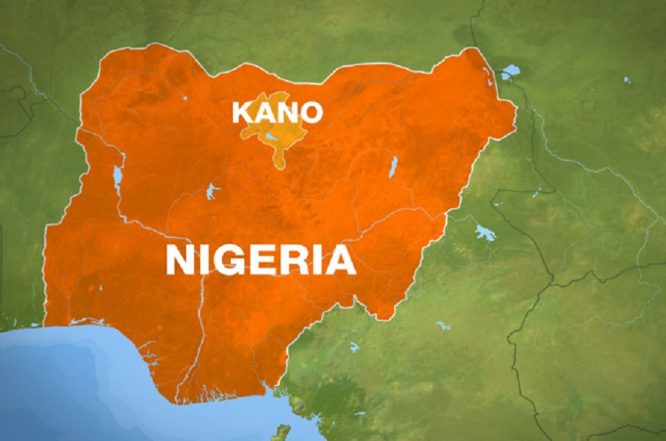
NEXIM Bank To Revive Ailing Industries In Kano
By Yakubu Salisu A, Kano
The Nigerian Export-Import Bank (NEXIM) has taken steps to revive ailing industries and enhance their contributions to non-oil exports in Nigeria.
This was disclosed by the managing director/chief executive of the Bank, Mr. Abba Bello, during a recent tour of some projects in Sharada, Challawa and Bompai Industrial Layouts in Kano for an on-site assessment of their operations.
During the 2 day tour, Bello visited Dutse Granite Company Limited, GB Tannery Limited, Z-Tannery Limited, Kanotan S.A. Limited and RMM Global Company Limited, amongst others. He also noted that in keeping with its mandate as Nigeria’s Export Credit Agency, NEXIM is collaborating with the Central Bank of Nigeria to implement two intervention schemes aimed at supporting the non-oil export sector, in line with the diversification strategy of the Federal Government of Nigeria as enunciated in the Economic Recovery and Growth Plan (ERGP).
He observed that for too long, the Nigerian economy had relied almost entirely on a single commodity, crude oil, for its fiscal revenues and foreign exchange supply, which explained the country’s descent into recession following the collapse of crude oil prices in 2015. He noted also that besides revenue volatility, the oil sector, being an enclave, is incapable of supporting inclusive economic growth that will provide jobs and economic opportunities for the teeming population, adding that it was for this reason that the Central Bank of Nigeria, having noted the dearth of credit to the non-oil export sector, decided to establish the intervention schemes to redress prevailing poor access to funding by exporters.
He further explained that the intervention schemes were in two categories, predicated on the broad philosophy of “Produce, Add Value and Export” (PAVE) policy, which aims to encourage exporters to advance from the export of raw materials to value added exports. These funding schemes include the N500bn Export Stimulation Facility (ESF), which was initially launched in June, 2016, but was repackaged and re-launched in December, 2017 and the N50bn Export Development Fund, which was newly approved in December, 2017.
The ESF is specifically designed to provide long term concessionary funds to support existing or new export oriented projects, through the provision of term loans at a single digit interest rate, for tenors up to eight (8) years, with moratorium up to two (2) years, or as working capital/stocking facility, while the N50bn Export Development Fund (EDF) has been conceptualized as a regional/state intervention scheme targeted mainly at the Small & Medium Enterprises to accelerate industrialization, economic diversification and exports. The MD intimated that under the EDF scheme, a minimum of N1billion will be earmarked for each state towards developing one or two identified export products where the state has the highest competitive advantage.






